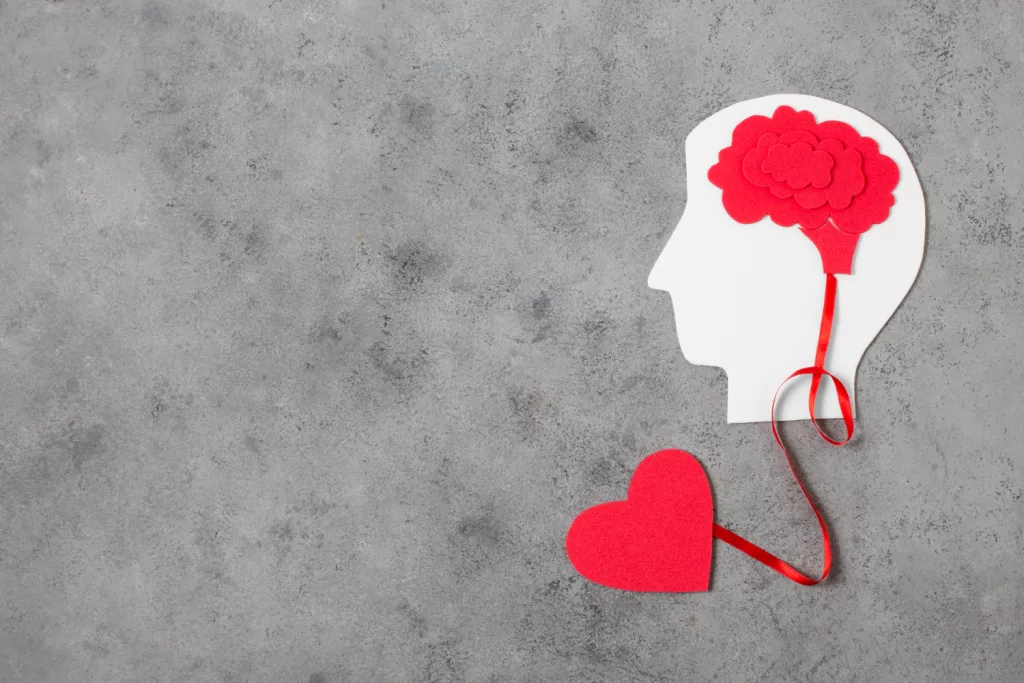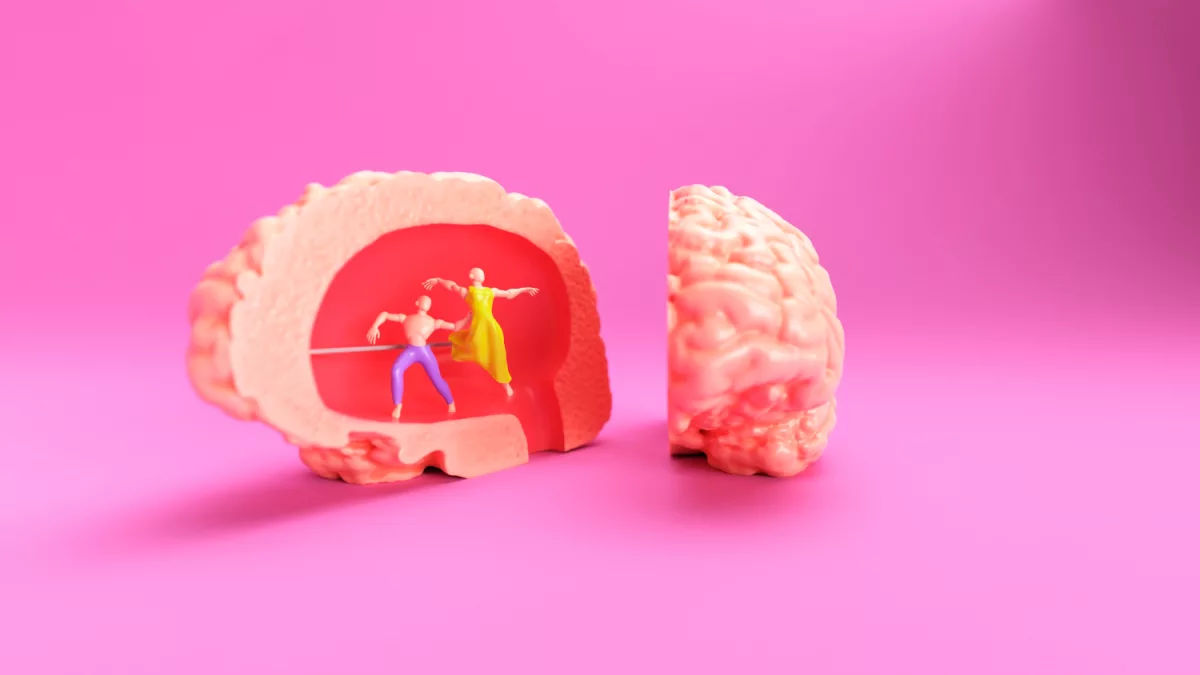The fourth, and final, of our How to Feel Good series. Check out the other parts of the series here: dopamine, serotonin and endorphins.
That heady feeling you get when you’re just falling in love with someone? That might just be your brain releasing oxytocin.
Oxytocin is also called the ‘love hormone’, because it controls some of our most basic behaviors – like bonding with each other, sexual arousal, trust and romantic feelings.
What is oxytocin?
Oxytocin, like dopamine and serotonin, is a neurotransmitter – which transfers chemical messages from the brain to other parts of the body – and also acts as a hormone. The primary function of oxytocin is to assist in reproductive functions like childbirth and lactation. When a mother is birthing a child, oxytocin stimulates the uterus contract and also helps in production of other hormones that are required for labour. In fact, doctors often use synthetic oxytocin to induce labour where necessary.
Oxytocin also plays a key role in breastfeeding – it helps move the milk through the mother’s breast tissue. Since oxytocin is stimulated through touch, it also helps in creating the bond between mother and child through touch. In males, oxytocin is associated with the movement of sperm, and has also been linked to father-and-baby bonding.
Oxytocin and love – what’s the connection?
Recent research has uncovered the important role oxytocin plays in falling in love – a 2012 study found that levels of oxytocin levels are significantly higher in new couples than in their single counterparts. But it’s not just about new love. Oxytocin also plays a major role in determining our sexual arousal and sexual activity, as well as bonding, trust, fidelity and overall psychological stability – all of which are considered important parts of long-term relationships.

Oxytocin and mental health
Because it’s so closely linked to many of our basic behavioral functions, oxytocin is associated with our overall psychological well being. Oxytocin helps regulate stress and anxiety and builds our abilities of trusting and bonding with others.
That’s why low oxytocin levels have been connected with postpartum depression, autism spectrum disorder (ASD), post traumatic stress disorder (PTSD) and anorexia, although research is still ongoing and non-conclusive
Takeaway
Unlike other hormones, oxytocin functions on a positive feedback loop – that is, when we perform an action that stimulates oxytocin production, it can trigger production of more oxytocin.
This makes it easier for us to naturally boost our oxytocin cycles through simple actions like touch – whether it’s a hug, cuddling or getting a massage. Studies have found exercise, bonding exercises like singing together, cooking and eating a meal with someone you care about, or even meditating (particularly compassion or loving-kindness meditation) – can all help with boosting our oxytocin levels.
Over 20,000 customers have reduced their symptoms and improved their health by consulting Shyft's Clinical Nutritionists. When are you starting?
Click here to begin

















Share this article